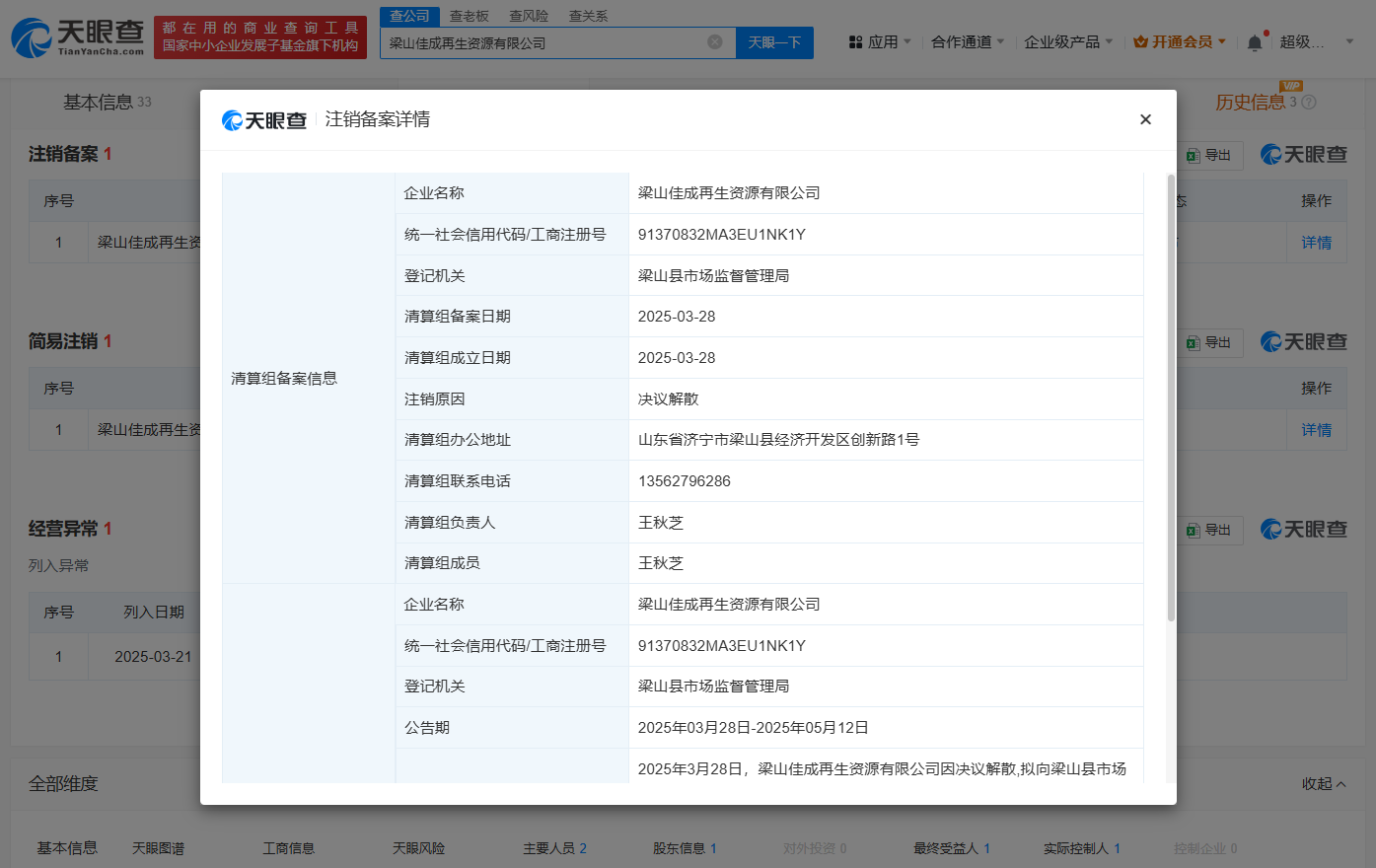Japanese stock market has recently shown a robust trend of share buybacks, drawing considerable attention globally. With its status as the world's third-largest stock market, Japan has seen over a thousand listed companies announce a total of 16.81 trillion yen ($108 billion) in share buyback plans this year, under the active promotion of regulatory authorities.
Statistics indicate that as of last Thursday, a total of 1079 Japanese listed companies have confirmed the implementation of share buybacks, a 22% increase from last year. Notably, the total buyback amount has surged by 75% compared to the same period last year, marking a third consecutive year of historical highs. This trend suggests that Japanese listed companies are increasing their focus on shareholder returns.
Analysis points out that the sharp rise in share buybacks in Japan this year is mainly due to two factors. Firstly, Japanese listed companies have shifted their business philosophy. In the past, Japanese companies preferred to reward shareholders through dividends, but under regulatory guidance, share buybacks have gradually become a significant component of shareholder returns. For instance, financial giants like Mitsubishi UFJ Financial Group and Sumitomo Mitsui Financial Group have announced several large-scale buyback plans this year, even as their share prices challenged new highs by year-end despite significant market fluctuations.
Secondly, Japanese listed companies are using share buybacks to mitigate the impact of "Japanese cross-shareholding." Some companies opt to repurchase shares to avoid the shock of a large-scale stock sell-off in the secondary market. For example, Shin-Etsu Chemical spent 940 billion yen to repurchase shares from five shareholders, while Denso launched a 4500 billion yen buyback plan to address the cross-shareholding planned for sale by financial institutions.
The share buyback actions by Japanese listed companies are also inseparable from the continuous growth of corporate profits. Data shows that as of the end of September, the profits of Japanese listed companies increased by 15% year-on-year, marking a fourth consecutive year of historical highs. This provides strong support for share buybacks. Many companies have expressed that the repurchased shares will be used for employee incentives to boost morale. For example, Sony Group announced a 2500 billion yen buyback plan in July this year, stating that these shares would be used as employee rewards.
Share buybacks not only help improve shareholder returns but also play a positive role in stabilizing the market. According to Tokyo Stock Exchange data, from the beginning of the year to the second week of December, Japanese listed companies have net purchased over 7 trillion yen ($44.6 billion) of stocks. This action helps mitigate market volatility and enhance investor confidence.
However, as the scale of share buybacks expands, Japanese listed companies are facing the challenge of balancing shareholder returns and employee wage growth. Despite the continuous growth in corporate profits, the wage growth adjusted for inflation has not kept pace. The chief economist of Mitsubishi UFJ Securities points out that the momentum of wage growth in Japanese enterprises has not matched the growth of shareholder returns. This means that Japanese listed companies will need to make careful choices among different expenditure options in the coming years.
As of the end of September, Japanese listed companies have held a total cash amount of approximately 112 trillion yen. How these funds will be allocated will become an important issue facing Japanese companies in the coming years. Finding a balance between shareholder returns and employee wage growth will be crucial for the sustainable development of Japanese listed companies.








暂无评论